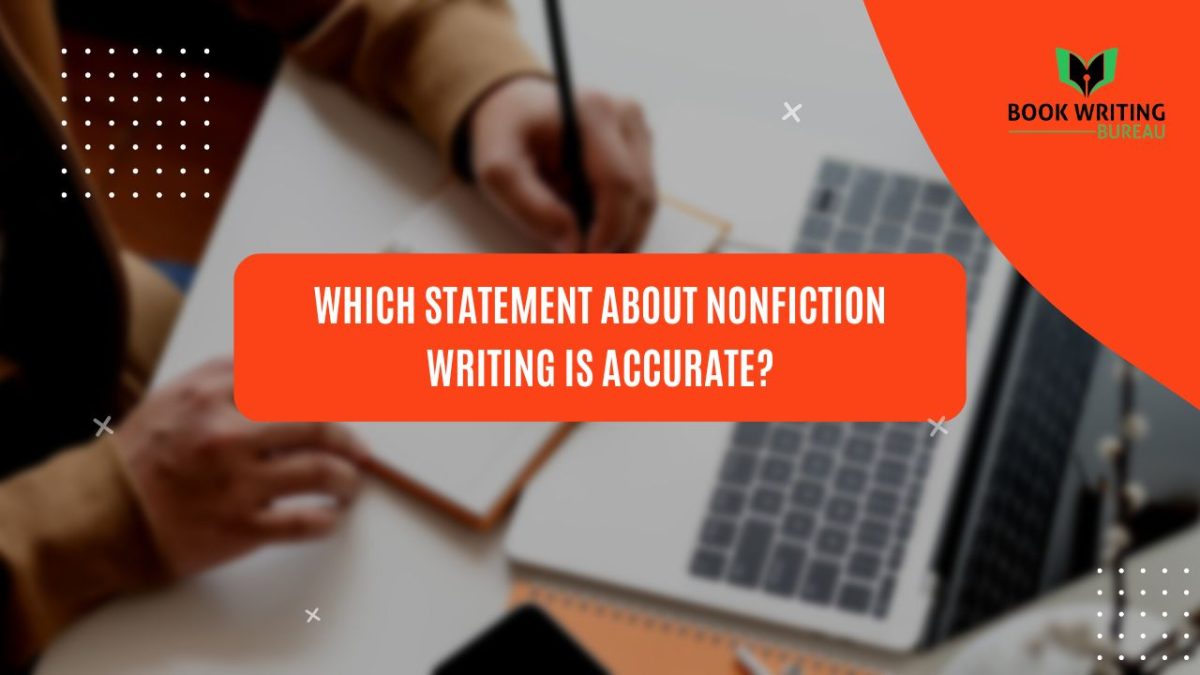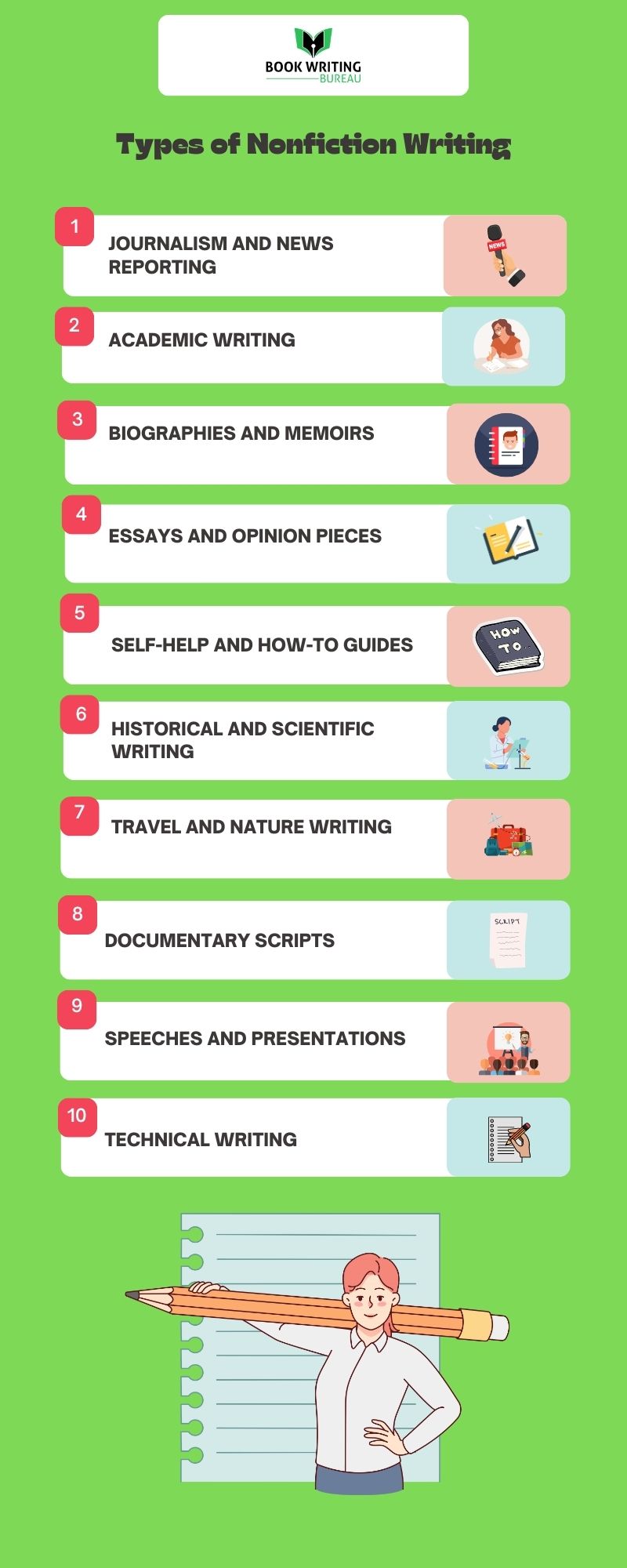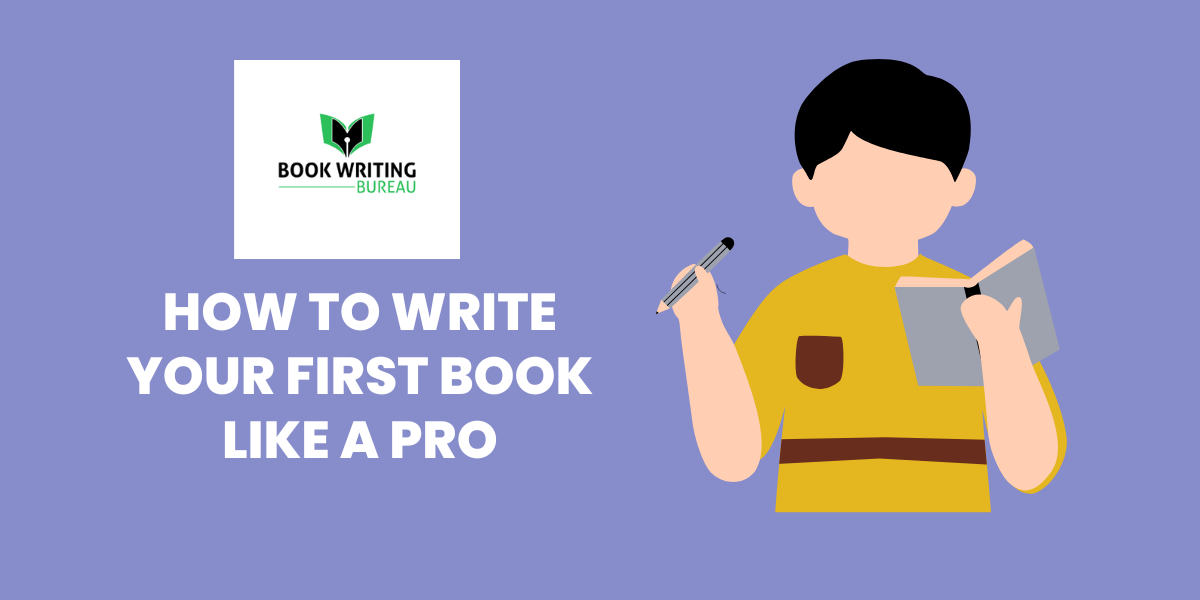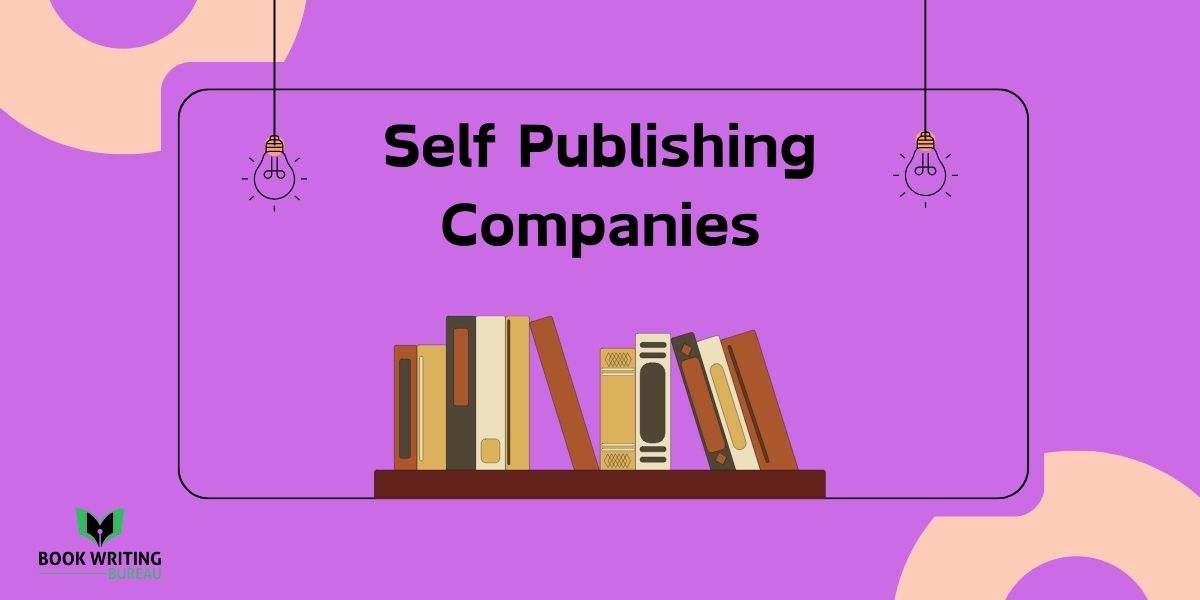
Nonfiction
Click on the audio’s play button to hear the entire article!
Nonfiction is a type of writing that is based on truth and fact. It includes many writing styles and formats, but they all have the same goal: to show facts. Nonfiction writing, like a news story, a scientific paper, or a memoir, is interesting because it tells the truth and teaches the reader something.
The Definition of Nonfiction Writing
Nonfiction writing is any kind of writing that is based on facts, information, or real events. It differs from works of fiction because it is based on facts, study, and proof, not on the author’s imagination. You can find nonfiction in newspapers, magazines, books, scholarly journals, and online platforms.
The Purpose of Nonfiction Writing
Nonfiction writing aims to teach and tell readers about a subject or topic. It tries to give ereaders correct and trustworthy information so that they can learn more about the world around them. Nonfiction can also convince and change people, especially in opinion pieces and argumentative essays.
Types of Nonfiction Writing
Nonfiction writing is a big field that includes a lot of different subgenres and styles. Some of the most popular types of nonfiction writing are:

Journalism and News Reporting:
Journalism is the main way that people get correct and up-to-date news. Journalists look into local, national, and foreign events and write about them unbiasedly. They follow rules of ethics to give unbiased information and keep the people up to date on current events.
Academic Writing:
Academic writing is formal and organized, most often done in an academic setting. Scholars, researchers, and academics use this style to share their results, theories, and analyses. Academic writing includes research papers, academic pieces, and academic books.
Biographies and Memoirs:
Biographies are detailed accounts of the lives of well-known people. They talk about their accomplishments, problems, and effects on society. Memoirs, on the other hand, are more personal and introspective. They tell about the author’s life events, memories, and thoughts.
Essays and Opinion Pieces:
Essays are a flexible type of nonfiction writing in which the author expresses their point of view on a certain topic, often with proof and logical arguments to back up the point of view. Best opinion writing prompts pieces, like articles written from a person’s point of view, are often printed in newspapers and magazines.
Self-Help and How-to Guides:
Self-help books help people grow and improve themselves by giving advice and plans for improving different parts of life. How-to guides show you step-by-step how to do things, whether real skills or projects.
Historical and scientific writing:
Historical writing digs into the past to determine what happened and why it was important. It brings history to life, making it easy to understand and important to readers today. Scientific writing explains the study’s results and discoveries clearly and is organized. This helps to advance knowledge in many fields.
Travel and Nature Writing:
Travel writing takes the reader to different places by describing the culture, landmarks, and adventures. Nature writing shows how beautiful the natural world is, which helps people care more about the earth and animals.
Documentary scripts:
Documentary scripts are important for news films because they give the story structure and facts that interest people. They put real stories on the screen, which makes people more aware of different problems and events.
Speeches and Presentations:
Technical Writing:
Technical writing helps people understand complicated products, methods, and systems. It must be clear, precise, and easy to use for people who want detailed information and instructions.
Key Elements of Nonfiction Writing
Nonfiction writing that is effective and influential must stick to a few key points. Among these things are:
Credibility and Research
When writing nonfiction, you need to do a lot of study and use reliable sources like the best article writing services. With proper citations and references, viewers can be sure the information is true.
Clarity and Conciseness
Nonfiction writing that works well gives information clearly and concisely, avoiding vagueness and misunderstanding.
Structure and Organization
A well-organized layout makes it easy for people to understand how the information flows.
Language and Tone
When writing nonfiction, the language and tone should be right for the viewer.
Ethical Considerations
In nonfiction writing, ebook writers must follow ethical rules like respecting privacy, avoiding bias, and saying when they have a conflict of interest.
The Impact of Nonfiction Writing
Nonfiction writing is crucial for changing public opinion, making people more aware, and teaching them to think critically. It helps get the word out about new things and moves society forward.
Challenges in Nonfiction Writing
Nonfiction writing gives you a lot of chances, but it also comes with some difficulties, such as:
Maintaining objectivity
Writers must stay objective and avoid personal biases and feelings that could make the information they give less reliable.
The Dealing with Controversial Topics
When talking about controversial topics, you need to be sensitive and open to show all the different points of view. It is suggested to concern professional book writing services in such a case.
Balancing Information and Emotion in the Classroom
Nonfiction writing that works well strikes a balance between giving information and making readers feel something.
Avoiding Plagiarism and Citation Issues
To keep the work’s reputation, it is important to give credit to sources and not plagiarise.
Ensuring readability and accessibility
Nonfiction writing should be easy for a wide range of people to understand by using words and terms that most people already know.
The Ethical Dilemmas
When writing about sensitive topics or private information, writers may face ethical problems.
The Future of Nonfiction Writing
As technology and venues for sharing information continue to change, nonfiction writing will change to fit new formats and reach more people. Information that is well-researched and trustworthy will always be in demand.
Conclusion:
Ultimately, writing that is not fantasy helps people learn and understand things. It gives people a look into the real world and makes them smarter by giving them facts. Nonfiction writers make a big difference in the spread of information and the growth of society by following the rules of credibility, clarity, and ethics.
Related Resources:
What Techniques Does A Comic Book Artist Use To Create An Eye-Catching Piece?



